Tas Annual Report Summary 2015/16
Part 1: Decision-making in Tasmania: Board and committee reports
- Tas Registration and Notification Committee, Dental Board of Australia
- Tas Board of the Medical Board of Australia
- Tas Board of the Nursing and Midwifery Board of Australia
- Pharmacy Board of Australia: Chair’s message
- ACT, Tas and Victoria Regional Board of the Psychology Board of Australia
- National Boards and committees: making local decisions
Tasmanian Registration and Notification Committee, Dental Board of Australia: Chair’s message
This year, the Tasmania committee of the Dental Board of Australia has continued to work to meet the objectives of the National Scheme to keep the public safe. We make decisions about the registration of individual dentists, students and specialists, as well as overseas-trained practitioners.
Another aspect of our role is to make decisions about registered dentists who have had a complaint made about them through AHPRA’s notifications process. Our decisions are made after carefully assessing the risk to the public.
In 2015/16, we continued our ongoing commitment to engage with local stakeholders and the Dental Board of Australia (the National Board). The Chair regularly attended meetings of the National Board, which encourages collaboration and discussion between State Chairs and the National Board members, bringing local insight into the National Scheme.
As the Dental Board of Australia representative, I was involved in a cross-profession supervised practice reference group looking into aligning across all boards the processes involved in supervision of practitioners.
At regular points during the year in my role as Chair, I met with groups of final-year dental students who were visiting Tasmania on clinical placement. These meetings provided an excellent opportunity to brief them on their responsibilities as a registrant and the role of the Dental Board.
We also engaged in cross-professional learning with colleagues from other Tasmanian registration and notifications committees, attending several joint professional development meetings that strengthened collaboration.
The Tasmanian committee said goodbye to Dr Jeff Mount, a long-serving member and previous Chair, who has retired from dental practice. I wish him well in his retirement.
I am continually impressed by the commitment of the Tasmanian AHPRA staff and State Manager Catherine Miedecke, who has had an extremely busy year. I am very grateful for the contribution and support that I receive from my colleagues on the Tasmanian committee, Dr Kylie McShane and Mr Leigh Gorringe.
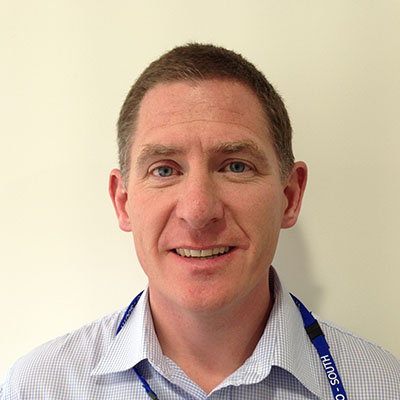
Dr Ioan Jones
Chair, Tasmanian
Registration and
Notification Committee,
Dental Board of
Australia
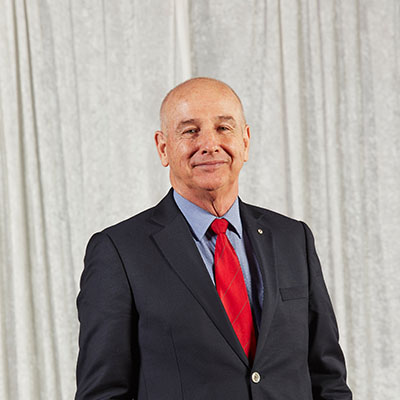
Dr John Lockwood AM
Chair, Dental Board
of Australia
Members of the Committee in 2015/16
- Dr Ioan Jones (Chair)
- Mr Leigh Gorringe
- Dr Kylie McShane
- Dr Jeff Mount (until 30 June 2016)
Tasmanian Board of the Medical Board of Australia: Chair’s message
As always, the focus of the Tasmanian Board of the Medical Board of Australia (the Board) in 2015/16 has been public safety. We bring profession-specific local insight into decision-making processes about individual medical practitioners in Tasmania in order to protect the public.
We are a local board making decisions about local practitioners. We are guided by the national standards and policies set by the Medical Board of Australia (the National Board), and we are supported by the local AHPRA office.
Our work has two main themes: making decisions about complex applications for registration by practitioners who require individual assessment, and deciding what, if any, action needs to be taken to manage risk as the result of a complaint (notification) about a practitioner. We protect the Tasmanian community by ensuring access to a consistently high standard of medical care.
It can, at times, be a complex task, and over the past 12 months we’ve worked to streamline our processes. This year, the Board initiated an organisational restructure of our committees to give greater oversight of registration matters. Improved data handling and reporting has also ensured greater timeliness.
As always, stakeholder engagement is crucial to the successful implementation of our strategies. We’d like to thank the following for their support over the past year: Dr Annette Barrett from the Australian Government Professional Services Review; Dr Grant Phelps from the Department of Health and Human Services Community Sector Quality and Safety Team; Dr Brian Kirkby, Director of Surgery at the Launceston General Hospital and Chair of the Tasmanian branch of the Royal Australasian College of Surgeons; Mr Peter Boyles from the Pharmaceutical Services Branch; and Dr Bill Pring from the Doctors Health Advisory Service.
Board members regularly engage in professional development activities. The Board was fortunate to meet with Professor Don Chalmers from the University of Tasmania Faculty of Law in a session on ethics and biodata. Members of the Board have also attended conferences and workshops held by the Medical Indemnity Industry Association of Australia (MIIAA), the National Registration and Accreditation Scheme (NRAS) biannual conference, and the International Association of Medical Regulatory Authorities (IAMRA).
The Board was also pleased to be able to award two Medical Council of Tasmania Scholarships this year and met with past recipients at a presentation earlier in the year.
There has only been one change in Board membership over the year with Ms Kim Barker retiring to take up a new position. The Board would like to express our thanks to Kim for her helpful contributions. Ms Joan Wylie was appointed as a new community member of the Board. We welcome Joan as she takes up her role from 1 July 2016. She is an experienced community representative and we thank her for taking on this important role.
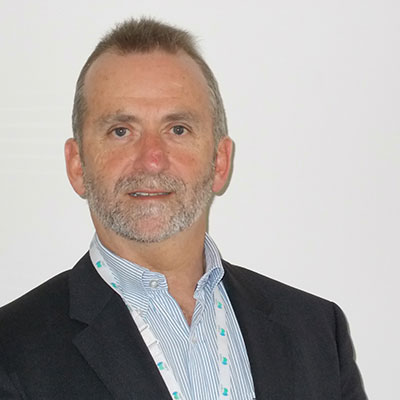
Dr Andrew Mulcahy
Chair, Tasmanian
Board of the
Medical Board
of Australia

Dr Joanna Flynn AM
Chair, Medical Board
of Australia
Members of the Board in 2015/16
- Dr Andrew Mulcahy (Chair)
- Ms Kim Barker (until 31 October 2015)
- Dr Brian Bowring AM
- Mr David Brereton
- Dr Kristen Fitzgerald
- Dr Fiona Joske
- Mr Fergus Leicester
- Ms Leigh Mackey
- Dr Colin Merridew
- Dr Phillip Moore
- Dr Kim Rooney
- Dr David Saner
Tasmanian Board of the Nursing and Midwifery Board of Australia: Chair’s message
The past year has seen the Tasmanian Board of the Nursing and Midwifery Board of Australia (the Board) focus its professional development activities on broader stakeholder engagement.
Highlights of the year included: a presentation from Ms Tammy Harvey, a well-respected nurse practitioner, who shared her insights into the development of a private healthcare service from a nursing perspective; Dr Lisa Dalton, from the University of Tasmania, who spoke about the ongoing development of the Bachelor of Nursing program; a visit to a teaching simulation facility to increase our understanding of the environment that nurses and midwives are placed in when undertaking performance assessments; and an informative presentation from Ms Angela Kosmeyer, Senior Nurse, and Dr Michael Ashby, Clinical Director, about the palliative care service.
This last session was so interesting that we were inspired to invite the Clinical Director back to our end-of-year professional development activity to provide us with greater insight into healthy dying and end-of-life care. This presentation explored the definition of patient competency and how that is understood and accommodated for in healthcare.
Much discussion was generated concerning the manner in which society considers its place in the medicalisation of death and how this reflects back to providing excellent healthcare.
We combined this presentation with what we considered to be a complimentary one from Mr Colin McKenzie, Deputy President of the Guardianship and Administration Board. This presentation was grounded in local Tasmanian law and delivered a highly relevant, localised discursive talk focusing on the differences and similarities of the role of the Guardianship and Administration Board and enduring power of attorney.
Invitations to this end-of-year session were extended to local board members, fellow board members from other health professional boards, members of the Elder and Succession Law Committee and AHPRA staff. The session was well received and rounded off the year nicely.
The Tasmanian Board Chair and State Manager Catherine Miedecke have continued to provide interactive sessions utilising a ‘mock notification session’ to engage with nurses and midwifes. The sessions assist in the professions’ understanding of how AHPRA and the Board work together and the responsibilities of health practitioners under the National Law. These sessions have been both informative and enjoyable, and provide an opportunity for critical discussion and the provision of information. We are considering ways to expand this work in the coming year.
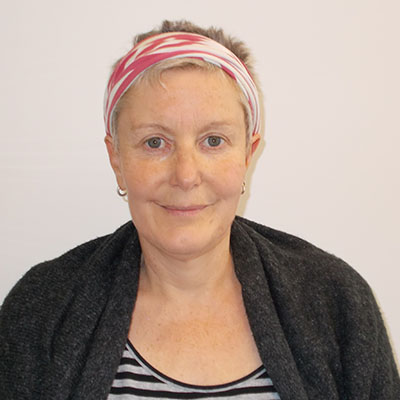
Ms Catherine Schofield
Chair, Tasmanian
Board of the Nursing
and Midwifery Board
of Australia

Associate Professor
Lynette Cusack
Chair, Nursing
and Midwifery Board
of Australia
Members of the Board in 2015/16
- Ms Catherine Schofield (Chair)
- Ms Kim Gabriel (Deputy Chair)
- Ms Carol Baines
- Mr Paul Brown
- Ms Christine Schokman
- Mr David Paton
- Dr Kylie McShane
- Mrs Lynette Staff
Pharmacy Board of Australia: Chair’s message
The Pharmacy Board of Australia (the National Board) makes decisions about all registered pharmacists in Tasmania. Regulation of pharmacists at a state and territory level is guided by standards and policies set by the National Board.
Practitioner representation from each of the states and territories on the National Board helps to ensure consistency and transparency in the Board’s work to implement the National Scheme at a local level. This is supported by a public perspective which comes from community member representatives from four states. Mr Mark Kirschbaum is the practitioner member from Tasmania on the National Board.
To ensure local knowledge informs nationally consistent decisions, the National Board has a notifications committee to make decisions about individual registered pharmacists in Tasmania. In addition to five core members from the National Board, there are two representatives from each state and territory on this committee.
The representatives (jurisdiction members) from Tasmania on the notifications committee are:
- Ms Suzanne Hickey, and
- Mr Mark Dunn.
Input throughout the year from stakeholders in Tasmania has been important in helping the Board to complete significant work.
The National Board consulted widely before publishing revised registration standards on:
- professional indemnity insurance arrangements
- continuing professional development and related guidelines
recency of practice
supervised practice arrangements, and
examinations for eligibility for general registration.
Feedback received after the publication of the Board’s Guidelines on compounding of medicines resulted in a further period of consultation with stakeholders in relation to the expiry of compounded parenteral medicines. The Board continues to work closely with technical experts, the Therapeutic Goods Administration and other stakeholders to finalise this guidance.
The National Board also worked with an external service provider to create a revised training program for oral examiners. This drew on the skills and expertise of local pharmacists who support the Board through their participation as examiners for the national pharmacy examination.
Information for students and interns published on the National Board’s website was reviewed and updated. New resources were also created, including PowerPoint presentations that explain the Board’s requirements and can be used by local education providers.
Pharmacy professional officers support the Board in its engagement with stakeholders in Tasmania which includes speaking each year to final-year pharmacy students and intern training providers about the Board’s requirements for provisional registration and how to apply, the intern year and the national pharmacy examination.
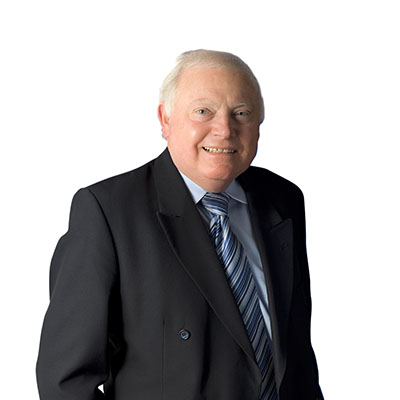
Mr William Kelly
Chair, Pharmacy
Board of Australia
ACT, Tasmania and Victoria Regional Board of the Psychology Board of Australia: Chair’s message
The Regional Board of the Psychology Board of Australia (the Board) serves communities in the Tasmania, Victoria and the ACT. We are the local face of the psychology profession.
The decisions we make about psychologists in our region are guided by the national standards and policies set by the Psychology Board of Australia. The Regional Board is supported by AHPRA’s office in Victoria, with assistance from teams in Tasmania and the ACT.
The main focus of the Regional Board has continued to be on public safety as we make decisions about the registration and regulation of individual psychologists. Most of our work in 2015/16 considered what action we needed to take to manage risk to the public as a result of a notification (complaint). Another priority was to assess complex applications for registration, particularly those who have been registered overseas.
We endeavoured to engage with our stakeholders as much as possible during the year, including an annual visit to Hobart to meet with registrants in Tasmania. The meeting was well attended with practitioners present from the local area and a separate group dialling in via Skype from Launceston. The Board’s yearly practitioner forums in the ACT and Tasmania are an important way to maintain and grow collegiate connections with staff in each office. They also provide an opportunity to discuss information relevant to local practitioners, and for practitioners to engage with the Board on local matters of relevance or concern.
This year, we welcomed Dr Anthony Love to the Regional Board.
I would like to thank all members of the Regional Board for their continued hard work and for their commitment to protecting the public by ensuring that psychologists in our region are suitably qualified and uphold the standards that are expected of the profession.
The work of the Psychology Board of Australia will be released in a profession-specific annual report summary, due to be released in late February 2017. For a more complete picture of AHPRA and the National Boards’ work on a national level in 2015/16, visit the 2015/16 annual report of AHPRA and the National Boards.
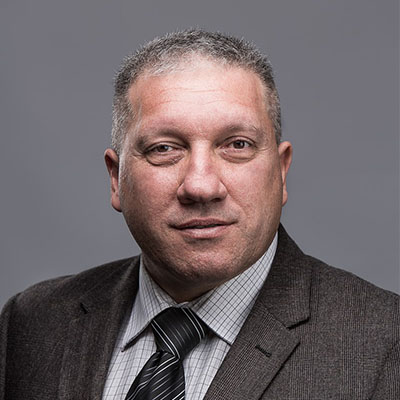
Dr Cristian Torres
Chair, Regional Board
of the Psychology Board
of Australia
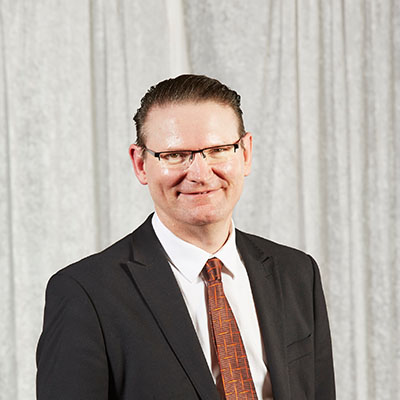
Professor Brin
Grenyer
Chair, Psychology
Board of Australia
Members of the Regional Board in 2015/16
- Dr Cristian Torres (Chair)
- Mr Simon Kinsella (Deputy Chair)
- Mr Robin Brown
- Dr Melissa Casey
- Ms Anne Horner
- Associate Professor Terry Laidler
- Professor Anthony Love (from 1 June 2016)
- Dr Patricia Mehegan
- Ms Maree Riley
- Associate Professor Kathryn Von Treuer (until 30 August 2015)
National Boards and committees: making local decisions
The remaining nine National Boards in the National Scheme have taken a different approach to decision-making about local practitioners, with national committees comprising state and territory representatives.
The committees were established to manage the risk profile, complexity and size of their professions. See the ‘Meet the Chairs’ panel below to find out which National Boards have national committees that oversee decision-making on a local level.
The committees are appointed by the National Boards on merit and include Board members in most cases. Additional members may be appointed to bring specific professional or jurisdictional expertise when needed. Committees are overseen by the National Boards, who support consistent and robust decision-making to keep the public safe.
Using national committees is an important way to cut the cost of regulation for these professions, while maintaining the benefits of scale and public protection provided by the National Scheme. National Boards also work closely with our network of AHPRA state and territory managers, so they can monitor and respond to any jurisdiction-specific issues for their professions.
Throughout 2015/16, National Boards engaged with local stakeholders in a range of ways, including:
- holding stakeholder forums in states and territories to meet local practitioners and community members, and to discuss important issues for health practitioner regulation
- responding to invitations to address professional and employer organisations, education providers and other interested groups
- participating in joint, cross-board consultations about common registration standards, codes, guidelines and policies, and
- sharing advice and feedback from the National Scheme Community Reference Group and Professions Reference Group.
For more information about the work of National Boards during the year, read the 2015/16 annual report of AHPRA and the National Boards.
Meet the Chairs

Ms Lisa Penrith
Presiding Member, Aboriginal and Torres Strait Islander Health Practice Board of Australia
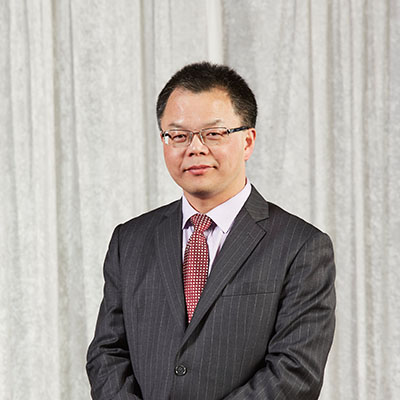
Professor Charlie Xue
Chair, Chinese Medicine Board of Australia
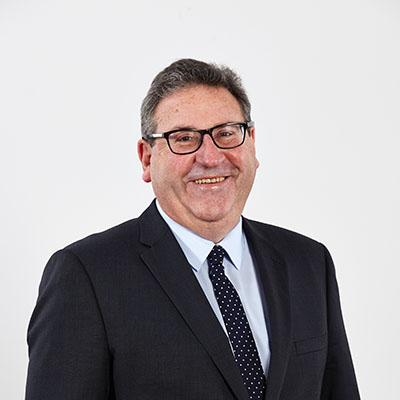
Dr Wayne Minter AM
Chair, Chiropractic Board of Australia

Mr Neil Hicks
Chair, Medical Radiation Practice Board of Australia
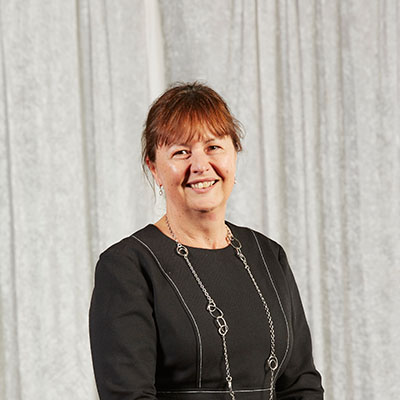
Ms Julie Brayshaw
Chair, Occupational Therapy Board of Australia

Mr Ian Bluntish
Chair, Optometry Board of Australia
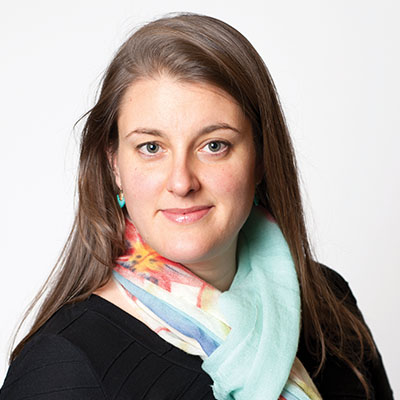
Dr Nikole Grbin
Chair, Osteopathy Board of Australia
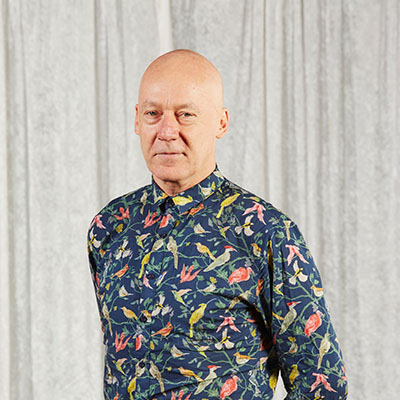
Dr Charles Flynn
Presiding Member, Physiotherapy Board of Australia
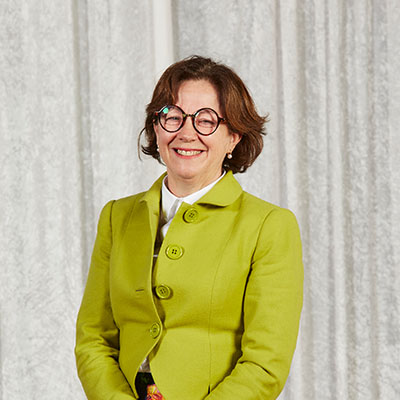
Ms Catherine Loughry
Chair, Podiatry Board of Australia